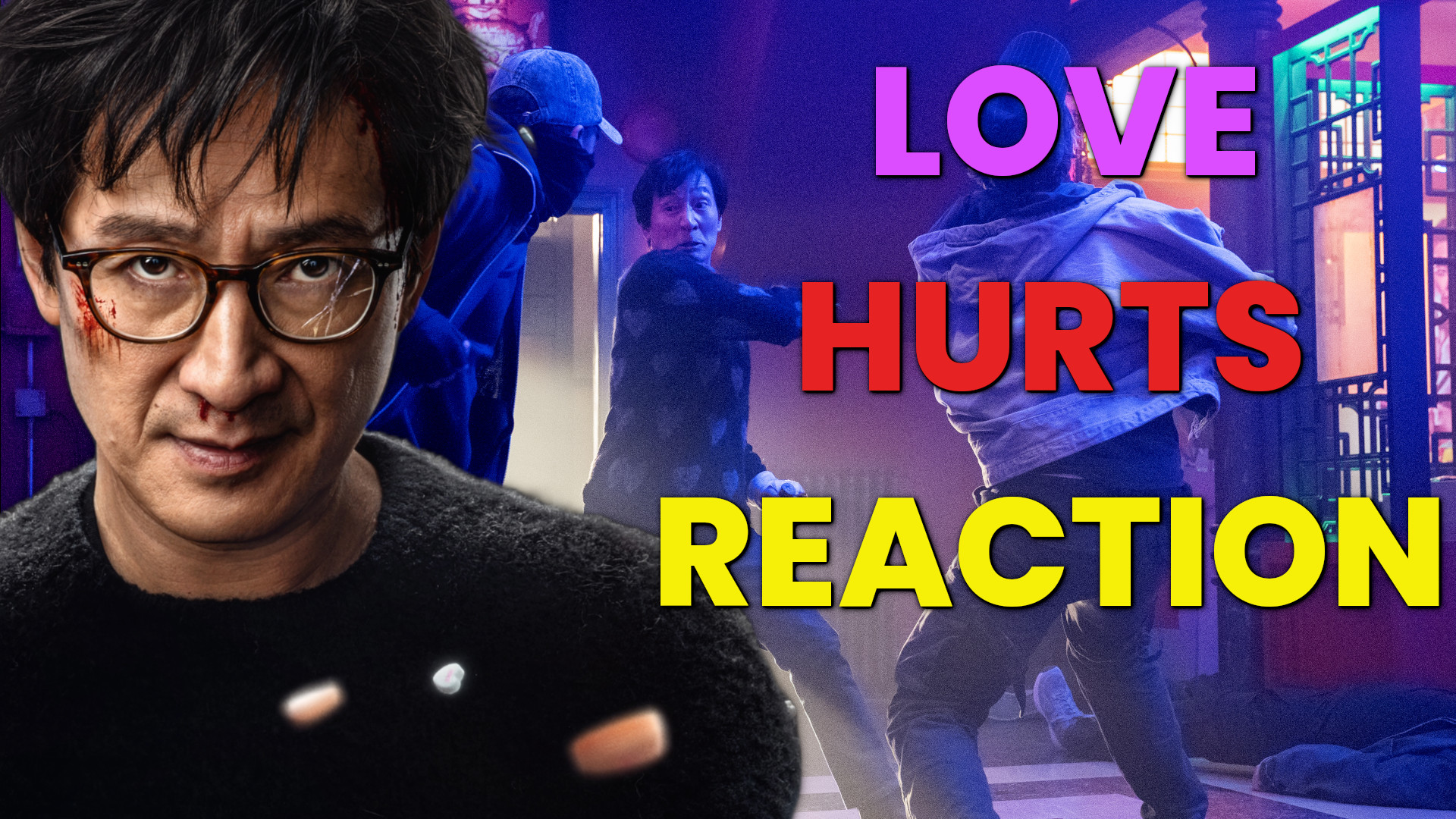ARTICLE AD
Video games have transformed dramatically from their origins in pixel graphics to the compelling immersive digital worlds of today. Video game developed into a billions-dollar business and is now part of current culture influencing amusement, human relationships and also education for many years. Claim your Banger Casino Bonus today to play dozens of demos for free instantly.
The Beginnings of Video Game Culture
Early Arcade Games
Arcade games of the 1970s are often considered to be the beginning of video game history. Pong, from Atari, and Space Invaders put gaming into public arcades, appealing to younger and older players alike. Although they were primitive by today’s standards, these early arcade games were extremely addictive and fueled a new competitive craze for gamers battling for high-scores. The era of arcade gaming was the rubicon for video game culture, building an ecosystem predicated on competition and community.
The Rise of Home Video Game Consoles
Home consoles brought video games to living rooms in the 1980s. With new consoles like the Atari 2600 and the Nintendo Entertainment System (NES), gaming became something people could do from their living rooms. Super Mario Bros., The Legend of Zelda, and Pac-Man became iconic household brands almost immediately, helping the hobby explode rapidly through communities of children and adults. This age paved the way for gaming to become a mainstream entertainment medium.
The Growth of PC Gaming
At about the same time, that you devoted a bit of attention to gaming on PC. RPGS & Strategy Games Personal computers enabled more complicated games than the home console generation could handle. The rise of games such as Myst, Doom and Civilization expanded the limits of video gaming’s potential for narrative expression and sophisticated gameplay. In comparison, PC gaming gave players the opportunity to tailor their experience and occupy more immersive worlds.
The Effects of Video Games: Changing Genres and Changing Tech
The Emergence of 3D Graphics
It was the 1990s where a lot of development happened in gaming as far as technology, thanks to the introduction of 3D graphics. The Sony PlayStation and the Nintendo 64 ushered in a new era of gaming, with three-dimensional titles like Super Mario 64 and Tomb Raider bringing players their first true taste of realism. This move to 3D graphics enabled developers to programme environments that shifted and changed in a far more immersive and engaging manner.
Massively multiplayer online and social gaming
Online multiplayer was a very popular trend during the early 2000s with the emergence of the Internet. Massively multiplayer online games like World of Warcraft and competitive first-person shooters like Halo or Counter-Strike put players across the globe in contact with each other. As players banded together to hunt for epic loot, online gaming shared a sense of community where guilds, clans and friendships formed on forums carried outside the games. Xbox Live and PlayStation Network brought online play to the mainstream, establishing it as a major staple of gaming culture today.
The Indie Game Revolution
In the 2010s, a new movement started to emerge in gaming: indie games — games made by independent developers without major publisher support. As early as Braid, Undertale and Celeste showed us that smaller studios can deliver fascinating, memorable experiences. With a focus on story, artistry or experimental gameplay, indie games provide an alternative to mainstream titles. Indie developers around the world now had global distribution on platforms like Steam.
Cultural Impact of Video Games in Today’s Society
Video Games as a Form of Art
Video games have matured into a genuine art form, with developers employing narrative, visual design, and sound in combination to invoke emotional experiences. The cinematic quality and emotional depth of video games such as The Last of Us, Journey, and Red Dead Redemption 2 has sought to break down the idea that they can be seen purely as entertainment. For one, the artistic merit of video games has gained increasing acknowledgement in what is traditionally a more culturally curated penalization — including exhibitions and festivals championing their status as contemporary art.
The Influence on Pop Culture
As video games have become a greater pop cultural touchstone, the influence has bled into movies, television, music and fashion. Icons such as Mario, Link, and Lara Croft have become shorthand for entire generations of people around the planet. Mainstream media has also shown the impact of gaming with successful video game adaptations like the Sonic the Hedgehog movie and The Witcher TV series. Concerts and live performances have also expanded to include video game music, with orchestras performing popular gaming soundtracks for global audiences.
Gaming as a Social Platform
But lately, video games have become a major social network. We don’t just go to Fortnite, Minecraft and Among Us for the gameplay. Players go on to use these online environments to connect with friends and go to events — or even join a concert live in-person. Gamed under the guise of the metaverse, which was pioneered by Roblox, this new form of playclass mixes gaming and social networking.
Competitive gaming and Esports
Esports is also a form of competitive gaming that has achieved mass appeal, complete with professional players competing in tournaments for big money. The likes of League of Legends, Dota 2 and Counter-Strike: Global Offensive have well-established esports ecosystems and serve millions of traditional sport watchers when big events come around. Talent, now embraced as viable career paths for the best players, commentators, and coaches; chat rooms like Twitch allowing you to simply broadcast your gaming with an audience built-in.
Video Games As a Tool
Video Games in Education
Video games are gaining more acknowledgement as a viable option for educational opportunities. There are also use cases for games in other subject areas: classrooms have used Minecraft: Education Edition, Kerbal Space Program, and Civilization to teach everything from math and science to history and problem-solving. They are interactive and enable students to engage their minds while playing with creativity and critical thinking along with collaboration. While educational gaming has been noted to be a powerful method of learning
Video Games and Mental Health
There are also positive aspects of video games related to mental health. Animal Crossing, Stardew Valley: A few games we play you maybe will be familiar with. They come up, as like Animal Crossig and other upon contradictions — they may offer us a very gentle experience in every way imaginable to be an escapism route from the turmoils of our life. Plus, there are therapeutic video games in the works to assist people suffering anxiety, depression and PTSD. Video games provide a sense of accomplishment, can elevate the mood and help build resilience according to some research.
The Future of Video Games
VR (virtual reality) and AR (augmented reality)
The future of video games is being changed by Virtual Reality (VR) and Augmented Reality (AR), enabling faster, immersive experiences with a higher potential for interactivity. Oculus Rift, PlayStation VR and HTC Vive are excellent devices that enable players to immerse themselves in virtual worlds and experience games at an entirely different level. Games such as Pokémon GO bridge the gap between the digital and physical worlds, getting players explorative within their surroundings. With VR and AR being under constant development, they will always bring a new standard of possibilities with video games.
Effects of streaming and cloud gaming
Other game changers are cloud gaming and stream services. Instead, platforms such as Google Stadia, Xbox Cloud Gaming and NVIDIA GeForce Now enable players to stream games directly to their devices without having to purchase high-end hardware. This level of accessibility could democratize gaming, giving players all over the world access to top notch games on virtually any device But beyond playing and creating, developments in streaming platforms like Twitch and YouTube Gaming have fundamentally shifted the focus of video game experiences into a spectator sportContextual information about the experienceVideo games are unique medium to consume content as they require click-to-play but shifts in viewer interaction with gameplay events have become widely adopted by large quantities of playtime being committed to player viewership through such platforms over interactive sessions.
Conclusion: Evolution of Video Games
Video games have come a long way from simple arcade games to immersive, interactive experiences that are deeply rooted in contemporary culture. Video games have not only transformed our entertainment but through the genre, it has also become a means of creativity (particularly in summer sale icon remastering and fan art), social connection and even education. There is no limit to the future of video games, as long as there are people that want to play them, it will stand to reason that we devise new ways in which dazzle our minds and souls with the creations of connection learning within worlds made for you but played by many.

 2 months ago
53
2 months ago
53 

